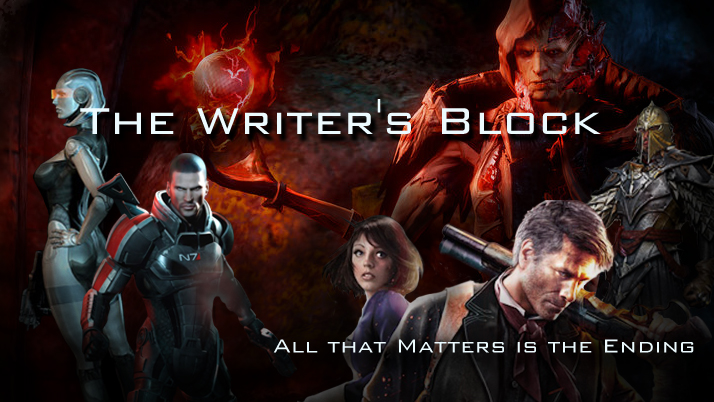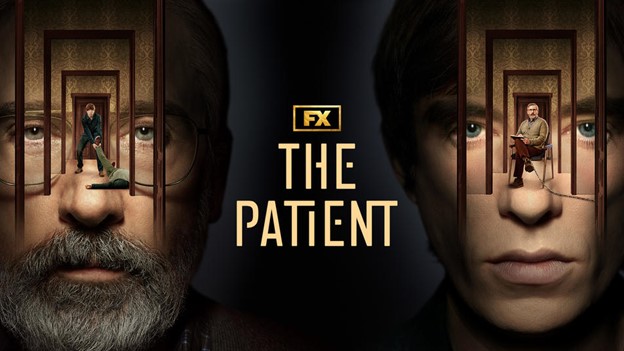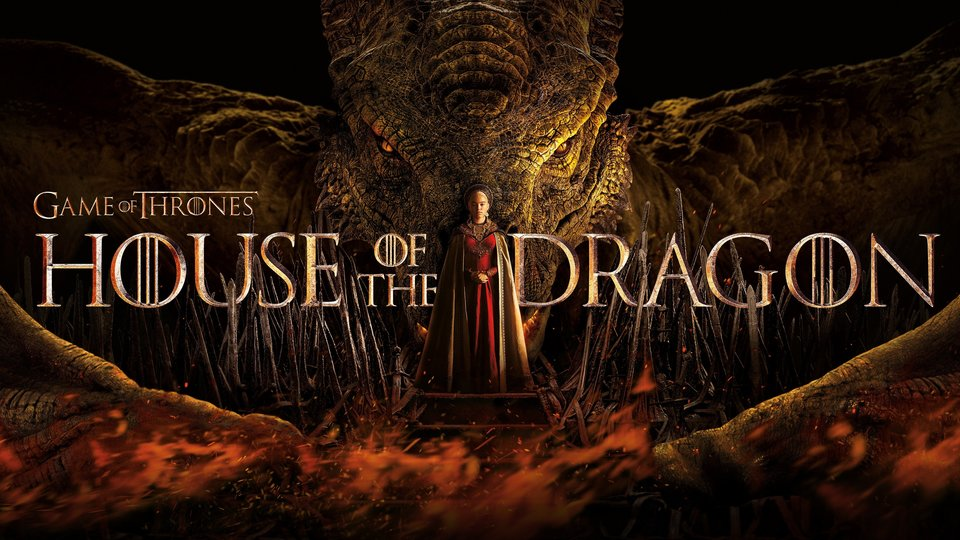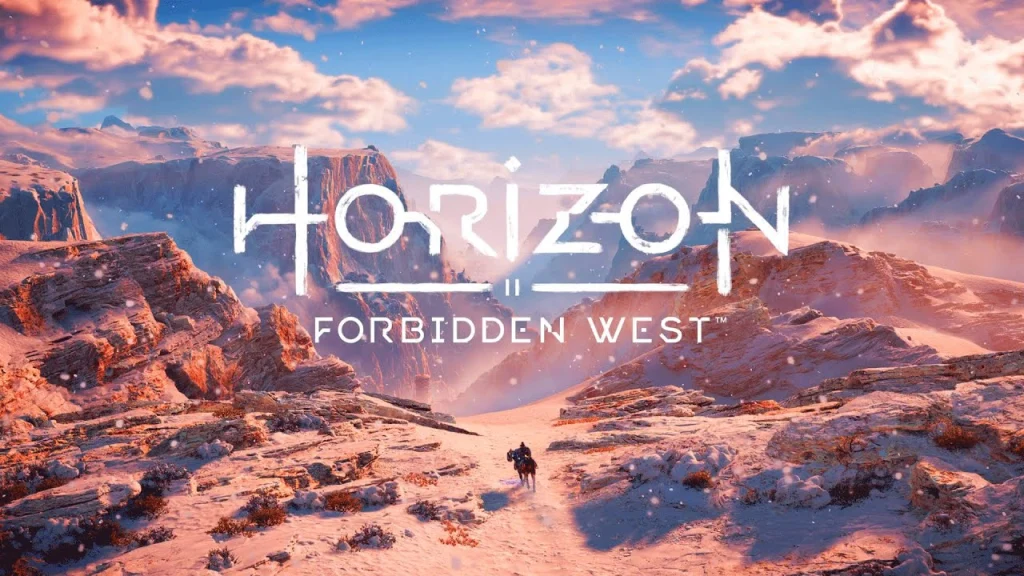So I lied earlier, I’ll be doing the comparison between the Prequel trilogy and the Clone Wars now, since it’s taking longer to choose the episode arcs I want to write about than I thought (currently it would take a book to cover all the things I want to cover.)
The Plan
The Prequel Version:
We all knew that Senator Palpatine was the villain the moment he stepped on stage in Episode I. We knew it, the cast new it, everyone knew it. Yet despite the fact we all knew it, the prequel trilogy tried to make it some big mystery with “Darth Sidious” and treating the audience like a bunch of idiots who couldn’t possibly connect the two together. This is a huge problem because in order to preserve the mystery, they never showed us Palpatine actually doing anything evil. This is supposed to be the True Lord of the Sith, a master manipulator who’s enacting a plan so devious that the Jedi can’t even see it, let alone stop it. Yet the only kind of political maneuvering we see in the prequels is Palpatine’s replacing of Valorum as Chancellor. Then, two movies later, he walks into the senate with his melted face of pure evil and announces he’s taking over the Republic and making it an Empire. And the senators applaud? Really? And the Jedi, who we’ve been told are the heroes of the galaxy, are slaughtered wholesale and not one person finds that odd or objectionable?

In the end, Palpatine doesn’t take control of the senate through any kind effort on his part. He gains control of the senate and the republic because that’s what the script demanded, it wasn’t a natural evolution of events, it was completely contrived. We never get to see the plan that brought about the end of the Jedi, which is a shame because as The Clone Wars shows us, it’s a brilliant plan…
The Clone Wars Version:
The Clone Wars dispenses with the mystery portion of Palpatine and as a result, shows us everything the Prequels didn’t. We get to see how Palpatine’s smooth diplomatic skills and ability to manipulate people came to turn the Republic into the Empire. Palpatine doesn’t just walk into the senate one day and announce he’s taking over, it happens in degrees.
He drives the Republic into crippling debt by escalating the war and creating more clones, which in turn leads to more Jedi leading troops on the frontlines and leaving the Jedi Order increasingly vulnerable. With the Jedi becoming the generals of the clone armies, Palpatine succeeds in corrupting public opinion about the Jedi, painting them as the war hungry fanatics behind the war. Palpatine derails peace negotiations by first assassinating the Separatist Senator who suggested them and then allowing Separatists to bomb Coruscant to make the whole peace negotiation look like a ruse meant to lower Republic defenses. And as the war continues to escalate, driven by the fear that Palpatine so masterfully creates, the Senate allows Palpatine to centralize more power through his office until he controls the entire Republic military. Every move he makes and every interaction he has with the senate is specifically designed to make him look like an honest man of the people, a simple politician who was thrust into a situation beyond his control. He plays his role so masterfully, no one even suspects him to be the orchestrator of a plot centuries in the making.
And while he has the senate, people of the republic, and even the Jedi dancing to his tune, he slowly turns Anakin to his side.

Using Anakin’s already existing anger and frustration with the Jedi council, Palpatine plants seeds of doubt and hate in Anakin’s mind.
Anakin’s fall in the prequels never made sense because he basically went from good, albeit confused, young man to slaughtering everyone he’s ever known and cared about in fifteen minutes. Okay sure, he straight up murders mother-fuckin’ Mace Windu, but to go from that to essentially killing a class of kindergartner Jedi is a big leap.
Fortunately in The Clone Wars, we get to see more of the subtle manipulation of Anakin. We get to watch as Palpatine sews seeds of doubt in Anakin’s young mind, and then cultivate those doubts with frustration and fear. Palpatine almost becomes a father-figure to Anakin, which only makes it easier for him to slowly sway Anakin to the dark side.
And since his character in The Clone Wars is so much more relatable, his downfall becomes truly tragic…
The Romance
The Prequel Version:
The Star Wars prequels have the singular distinction of containing the most stilted, awkward and downright creepiest romance ever put to film. Scientists have had more success programming robots to feel love than George Lucas had filming a love scene with Oscar-winning actress Natalie Portman. Padme came across as a kind of whinging tween girl and Anakin kept looking at her in a way that made the entire audience afraid we were about to see Darth Vader: Sex Offender.
There are few things in this life that are truly awful to behold; war, pestilence, death… the romance scenes in the prequel trilogy.
The Clone Wars Version:
What the movies couldn’t do with a massive budget and award-winning actors, The Clone Wars managed to do with just a handful of scenes and a smattering of dialogue. Less is definitely more when it comes to romance scenes, and Anakin and Padme snatching small moments in the show to be with each other was infinitely more romantic than the holiday retreat to Naboo during Episode II. Anakin’s utter devotion to Padme, rather than coming across as the creepy fixation of a future serial killer, actually becomes an endearing trait that deepens Anakin’s character. A less creepy Anakin also makes Padme’s feelings for him seem genuine and not a manifestation of Stockholm syndrome.

Some of the best moments showcasing Anakin and Padme’s relationship are the ones where they’re not even trying to be romantic. Arguing over the politics of the war for instance, provides both an excellent overview of the Clone War and makes their relationship seem far more real, because real people argue all the time regardless of how much in love they are. When they’re in public, they’re joint attempts to remain cold and neutral to each other to maintain their deception also goes a long way to establishing their romance. The decision to imply their romance was not only a wise decision, but probably also a necessary one since you don’t want to go boring kids with a bunch of romantic dialogue they won’t understand.
Their relationship also gives the audience a much needed human perspective on the Jedi and their teachings, and more specifically, the flaws in those teachings…
The Jedi
The Prequel Version:
If the Jedi have one flaw that I simply cannot come to grips with, it’s their Vulcan-like dedication to eliminating emotions. Fear leads to anger, anger leads to hate, hate leads to suffering, shut the fuck up Yoda! Maybe anger is just anger, it doesn’t have to lead to hate. If anything you’re teaching young Jedi to be afraid of their emotions and it’s that fear that’s leading to suffering.
I can understand wanting to control your emotions, that’s something all humans have to deal with, but the Jedi teachings seem to promote the utter elimination of emotion. In order to control your emotions, you have to understand them and the Jedi seem to have no desire to want to understand them.
In the prequels when Anakin seeks guidance on his visions of the future and Padme’s death, Yoda’s advice basically boils down to “go meditate on the force.” Yeah, big fucking help you scrawny green toad. Anakin could have found more useful advice in a fucking fortune cookie.
The Clone Wars Version:
The Jedi teachings we see in the Clone Wars are far more rounded and fleshed out than what we got in the Prequels, much resembling the wisdom of Yoda’s teachings in the original movies. Most of the wisdom of the Jedi wasn’t displayed through Yoda though, but through Plo Koon.
Master Plo Koon was one of those silent pieces of set dressing in the prequels, the one with the badass face mask.

I think one of the best moments for Plo Koon in the series is when Ahsoka is kidnapped and Anakin is sitting around worrying about her, blaming himself for her kidnapping. Now Plo Koon is very close to Ahsoka as well, but the difference is that Plo Koon isn’t blaming himself and while I think he’s concerned, he’s not worrying himself. He recognizes that it’s a situation he can’t hope to change, but more than that, he trusts Ahsoka to take care of herself. He tries to teach Anakin this lesson by telling him that, if he trained Ahsoka well, she’ll find his way back to her.
And that’s something we all struggle with: trusting other people to take care of themselves. When it’s someone we care about, humans have the bad habit of constantly worrying that something bad will happen to them. We can’t trust them to take care of themselves because we’re not there to control them. That’s what it boils down to, and what leads Anakin to falling to the dark side. It was his fear that Padme would somehow die that drove him to seek the Emperor’s help, since Yoda basically handed Anakin a fortune cookie and told him not to worry about it.
Had Plo Koon been Anakin’s adviser, perhaps he would have found a way to come to terms with his fear and trust Padme to take care of herself. Maybe he could have come to accept the fact that sometimes bad things happen, and there isn’t anything he can do about it. That he’s a Jedi, not a god.
So what I’m saying is, this whole thing is Yoda’s fault.
The War
The Prequel Version:
It was a war full of sound and fury, but ultimately signifying nothing. Since the Clones had no character and were as soulless as the droids they were fighting, all the battles ultimately became nothing more than eye-candy. War loses all its horror when no one gets hurt, that’s why we can all play war games and not get PTSD. If we found a way to fight wars using nothing but droids and clones while eliminating all collateral damage, we’d probably never stop fighting. We never saw a single refugee, a clone trooper with no legs being wheeled around, or even any kind of economic downturn on Coruscant. If you were an average, everyday citizen in the Star Wars Prequel Universe, you probably wouldn’t even know there was a war happening.
The Clone Wars Version:
You start seeing the true cost of war on Ryloth, where the series really begins to pick up. The battle in orbit over Ryloth was far more interesting than the Battle of Coruscant because, for one, there was actual build up to the fight and the show didn’t just plop us down in the middle of an incomprehensible maelstrom. There was tactics and surprise attacks and maneuvering, like how you’d actually fight a battle rather than dozens of ships lining up to broadside each other like we’re in the 19th century. Secondly, Ahsoka’s bombing run and her disastrous defeat, finally showed us the cost of battle. Ahsoka losing her clone wingmates helped give me a new perspective on the Clones and how they related with the Jedi. Ahsoka is devastated by the loss of her clone pilots, and that was enough to give the battle some real emotional weight. Once the characters actually became involved in the battle, instead of just being present, all the action of the Clone Wars came together.
On the ground we begin to see the cost of the war on ordinary people as Ryloth, home of the Twi’leks, is turned into a bombed-out ruin. Finding the orphaned child finally gave me a sense that yes, people are dying and losing their homes in this war. The clone’s interaction with the orphan girl also gave the clones some humanity, laying the groundwork for the characterization that would make the clones pivotal to the story, and making me care about their lives.

I think the absolute best battle showcasing the war is the battle of Umbara, an inhospitable rock whose native inhabitants refused to bow down to the Republic and fought tooth and nail in defense of their world. First of all this was just a great change of pace for the show. After fighting battles in relatively clean, well lit places, the battle on Umbara’s eternally fog shrouded surface really made you feel the dark, claustrophobic fear of battle as the Clones were forced to fight meter by bloody meter for the planet surface. Second of all, after fighting soulless droids for most of the series, clones facing off against other humanoid opponents made the battle feel that much more brutal; especially since these people were fighting for their independence. They may have been fighting for a twisted dictator, but then again, so were the clones. Neither side knew they were fighting for the same person, the clones thought they were fighting for the Republic and the Umbarans thought they were fighting for their freedom, but they were all fighting for the Emperor. It all just highlighted the utter pointlessness of it all.
And the pointlessness of it all was driven even further home by the madness of the war when General Krell came on the scene, a cruel and calculating Jedi who relished in the slaughter of his clone troops. Sending wave after wave of clones against invulnerable tanks was such an infuriating sight that I would have executed Krell myself if I’d had the chance, and inspiring that kind of hate and disgust in me isn’t easy to do. It’s something I didn’t expect from a kid’s show, that’s for sure. As terrible as war is though, the show reminds us that war also inspires acts of true valiance and courage, and the ending of the episode arc is probably one of the finest I’ve seen.

None of this is to say that The Clone Wars is haute cuisine, or a narrative on par with A Game of Thrones, obviously it’s not. But then it doesn’t need to be, and it succeeded in what it set out to do: create a compelling, dramatic and fun space opera. Like the original trilogy it told a great story in a way that would entertain kids while making sure there was enough going on to hold the interest of adults. It managed to do something I thought was impossible: it redeemed star wars in my eyes.
I guess we’ll find out whether or not Disney can take advantage of this opportunity and build on the trust The Clone Wars built or whether the new trilogy will drive the final stake through the heart of Star Wars. Coming up this week will by my write up on some of the best Clone Wars Episode arcs and an analysis of the Burial at Sea DLC for Bioshock: Infinite. As always, any critiques or requests would be greatly appreciated.











Leave a comment